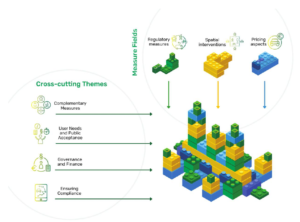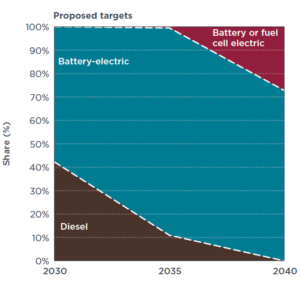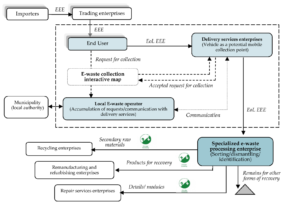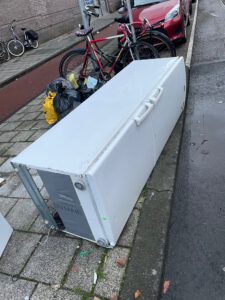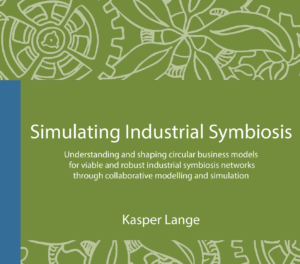Barcelona bans ‘dark stores’ and ‘dark kitchens’

Barcelona approved a total ban on dark stores (distribution hubs used by companies that provide grocery home deliveries), joining other European cities such as Amsterdam that announced restrictions in 2022. Reuters reports about it. Dark stores are like retail shops but without on-site sales, just deliveries from them. Quick commerce delivery services expanded across Europe …


